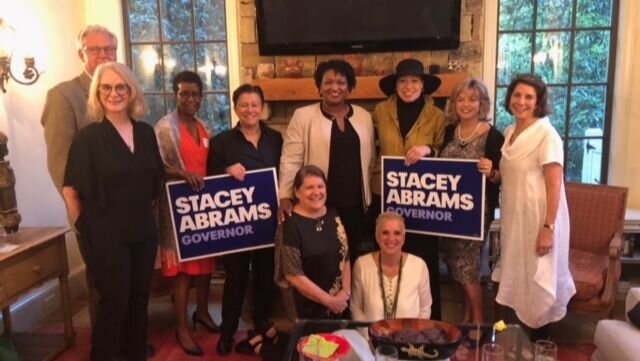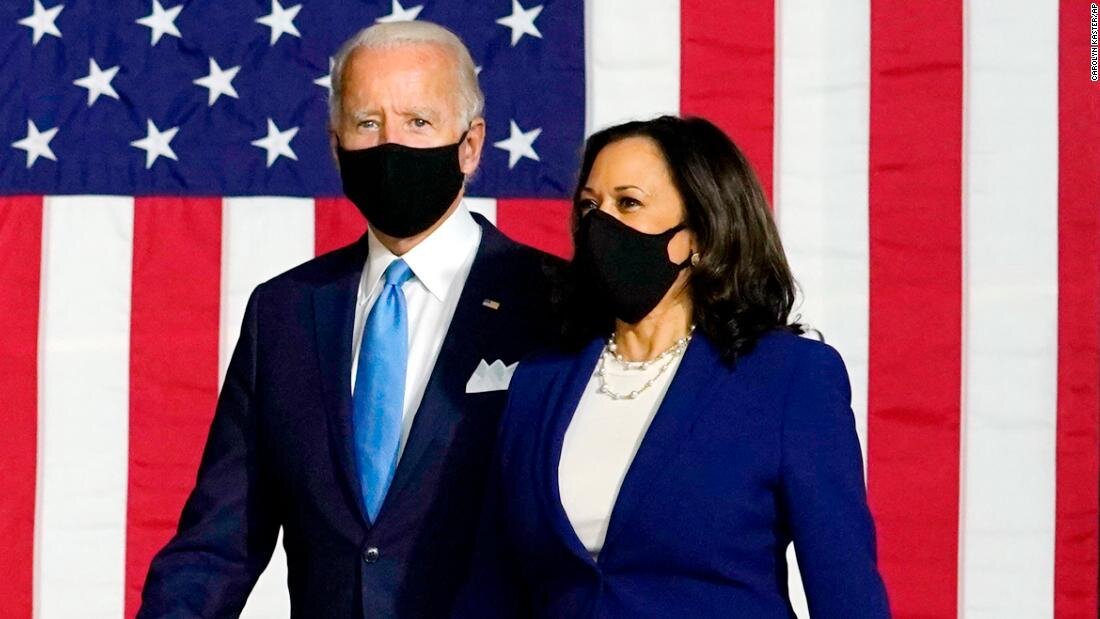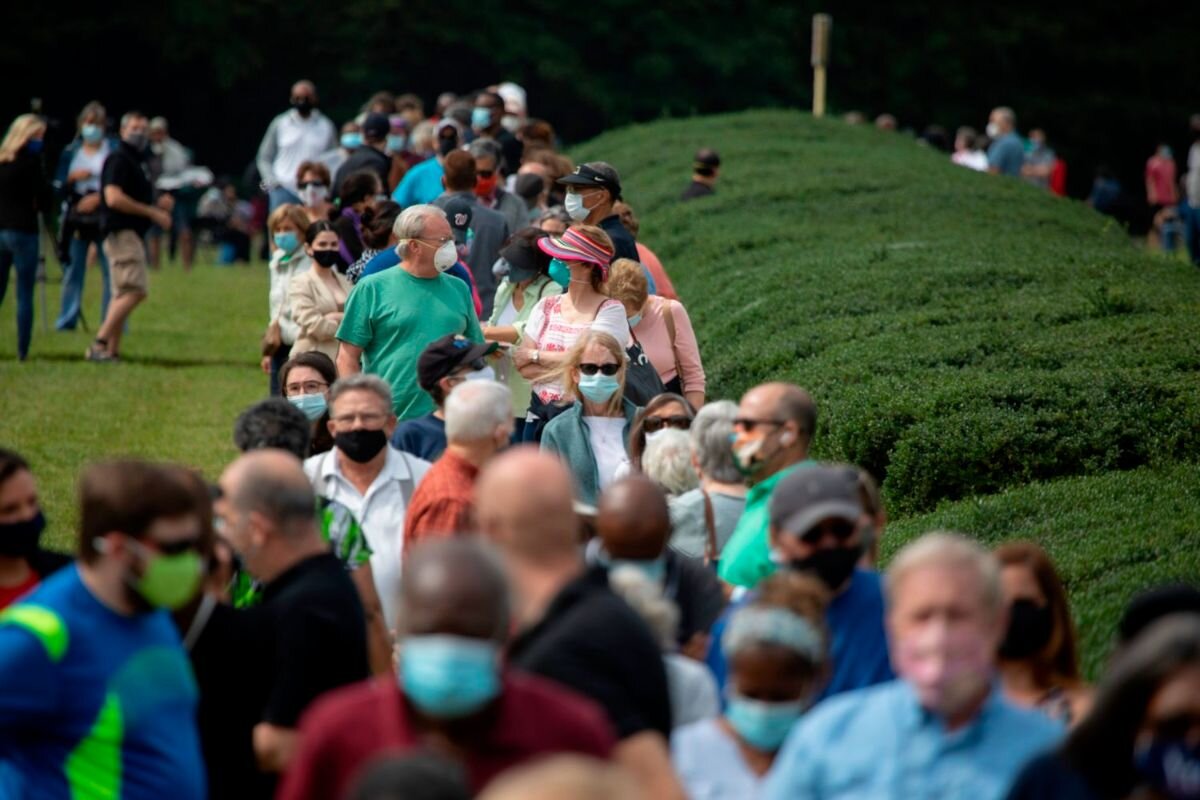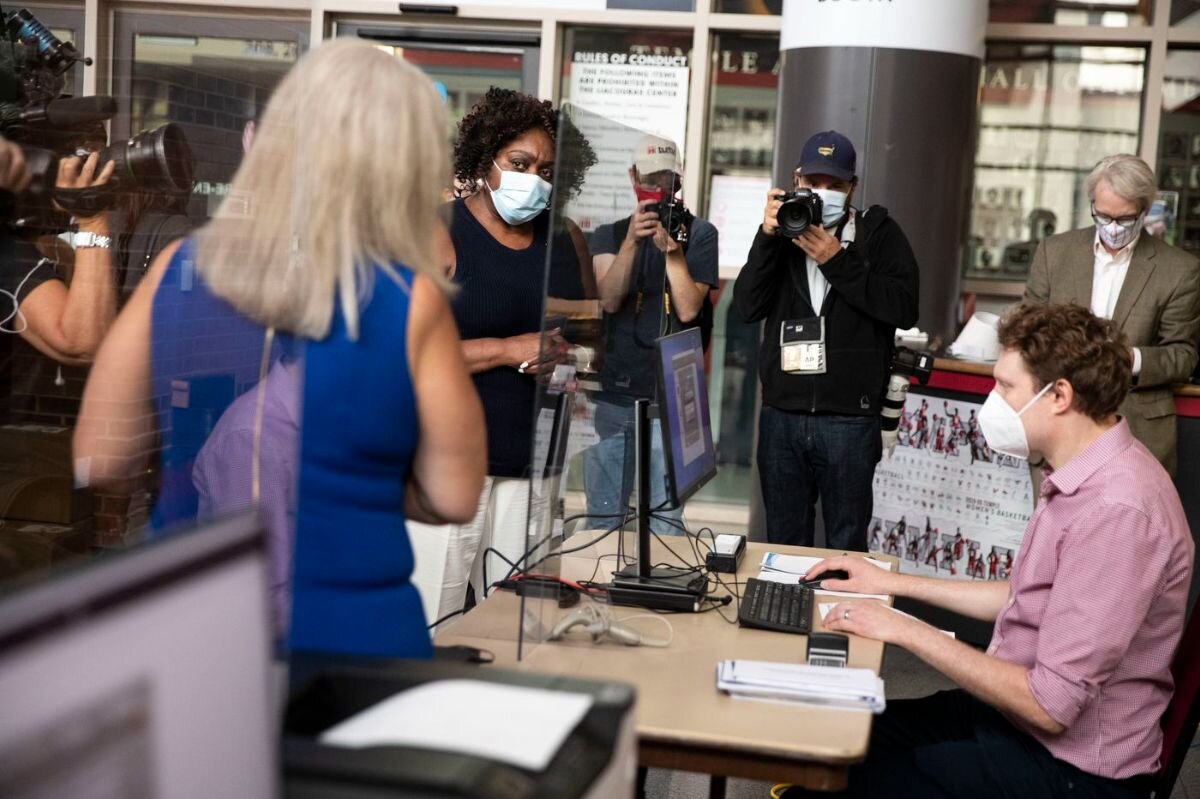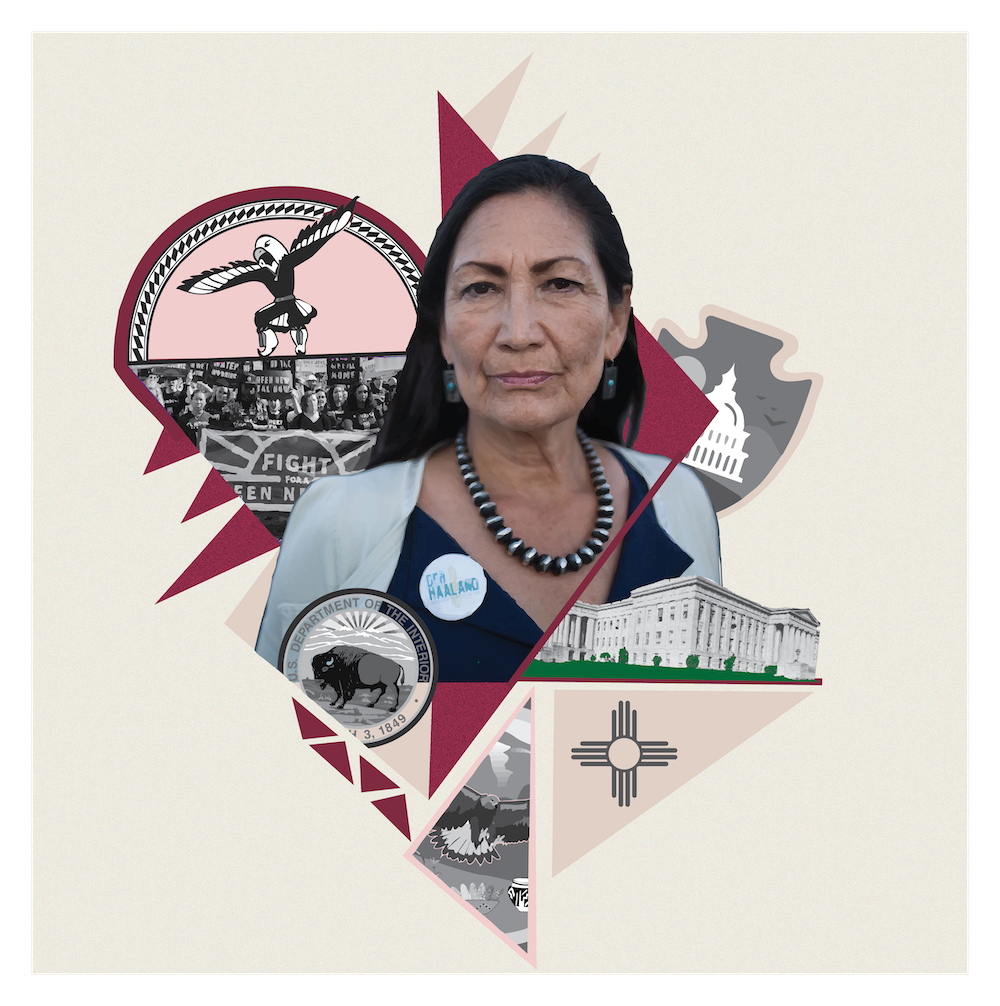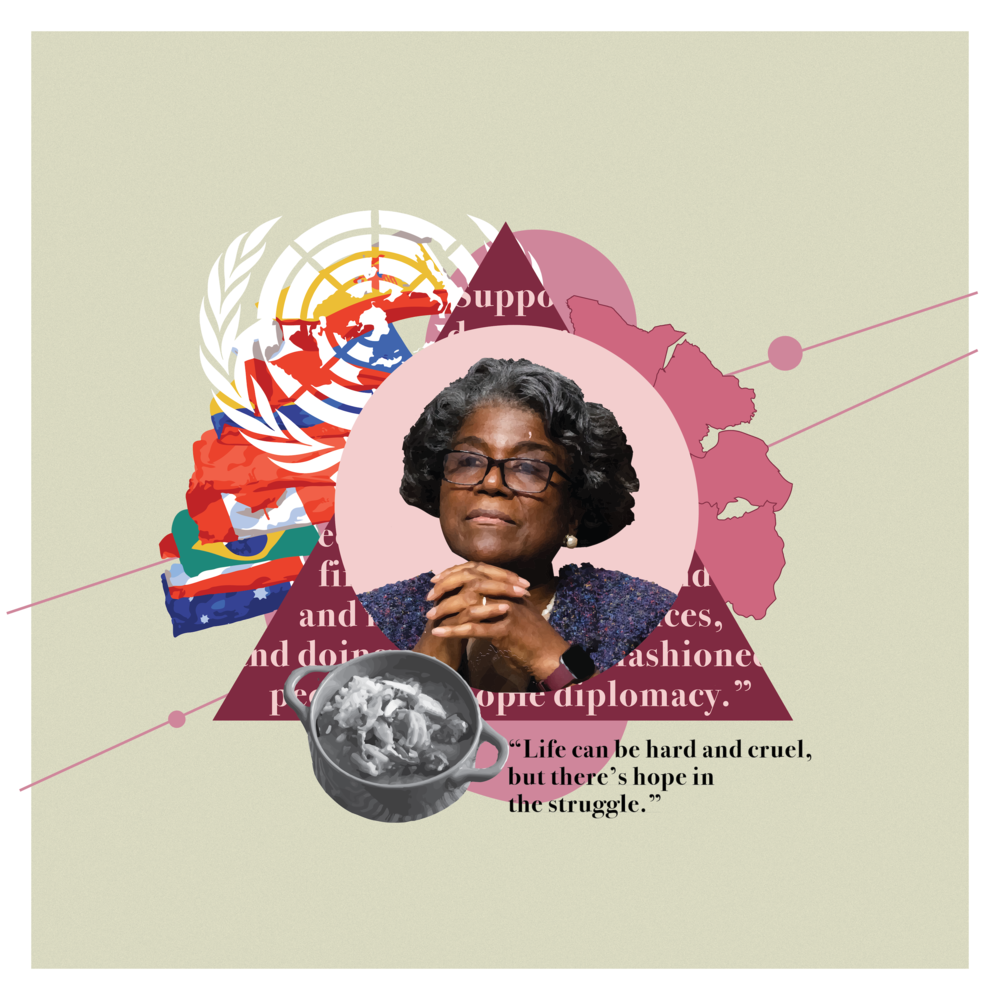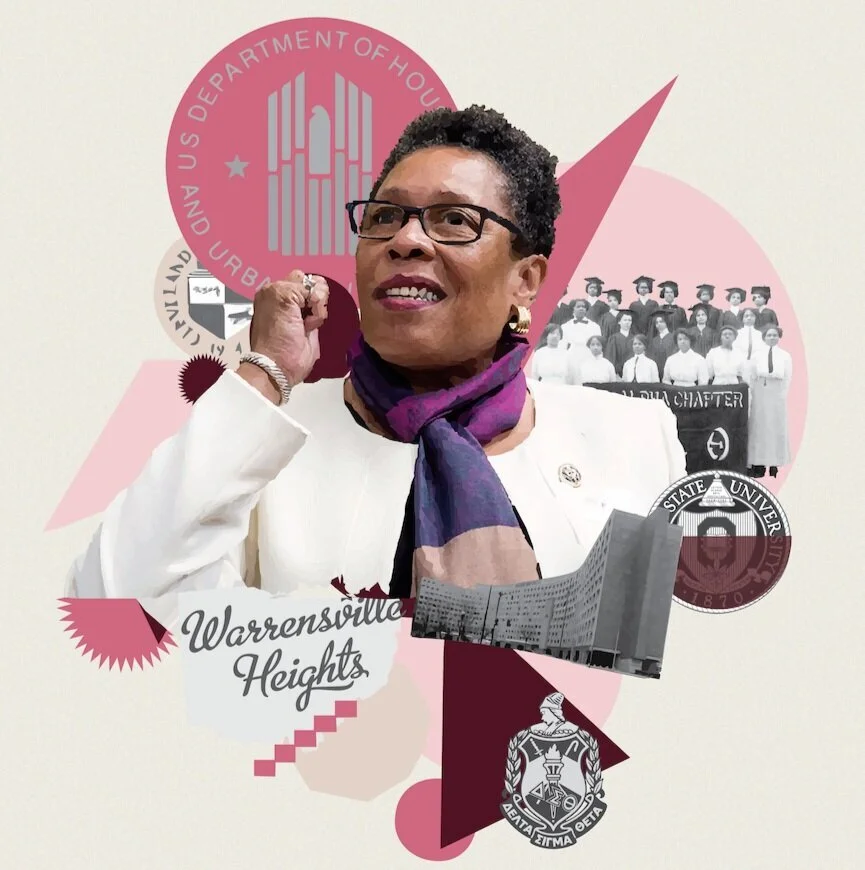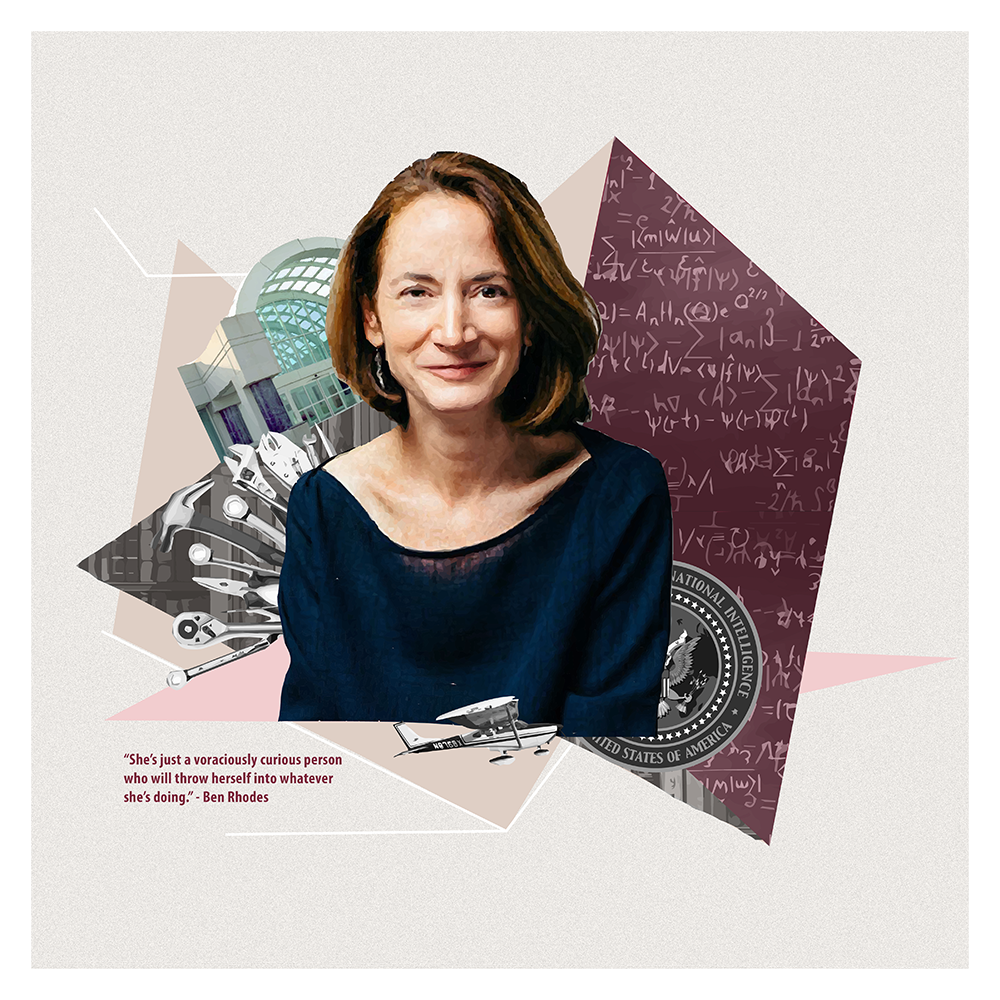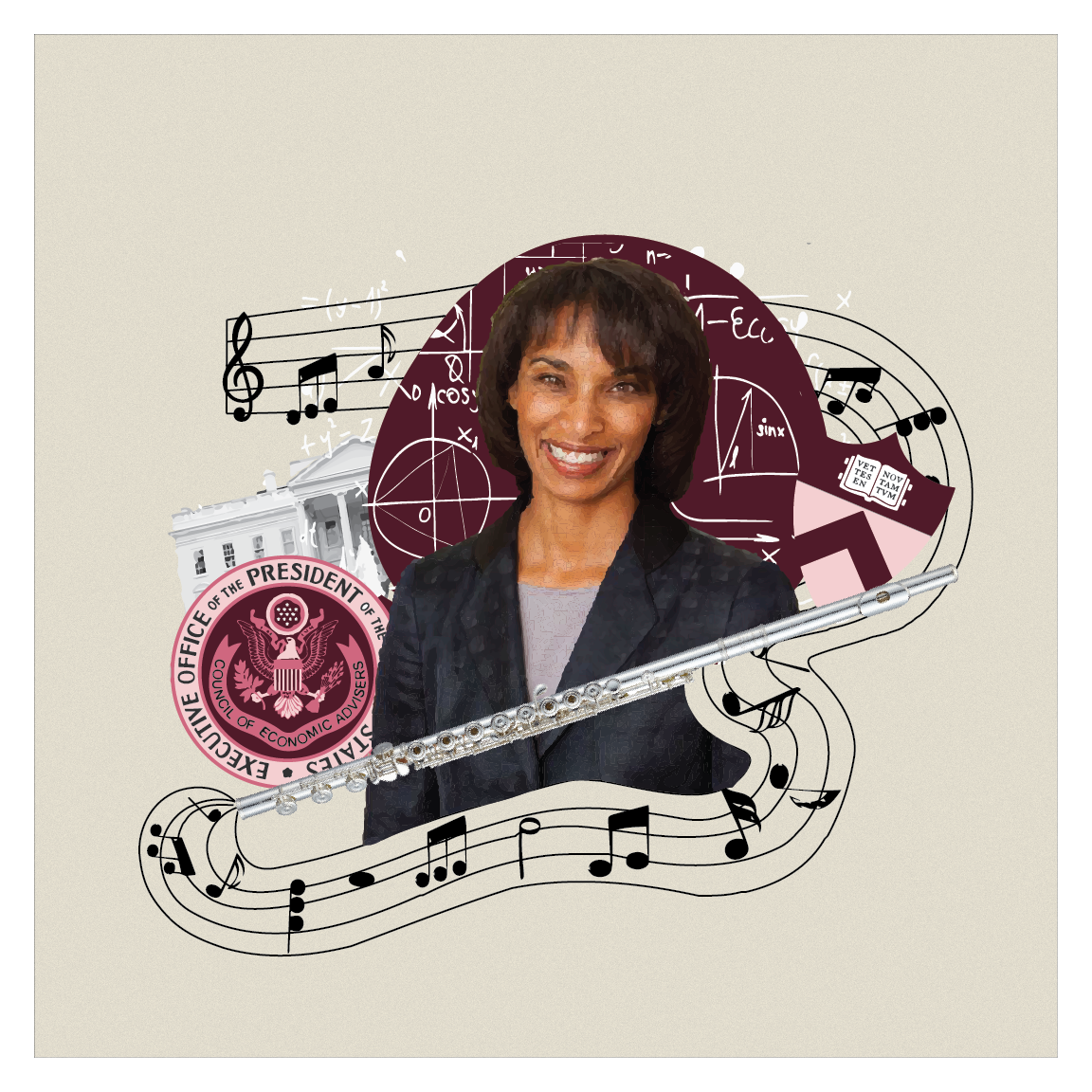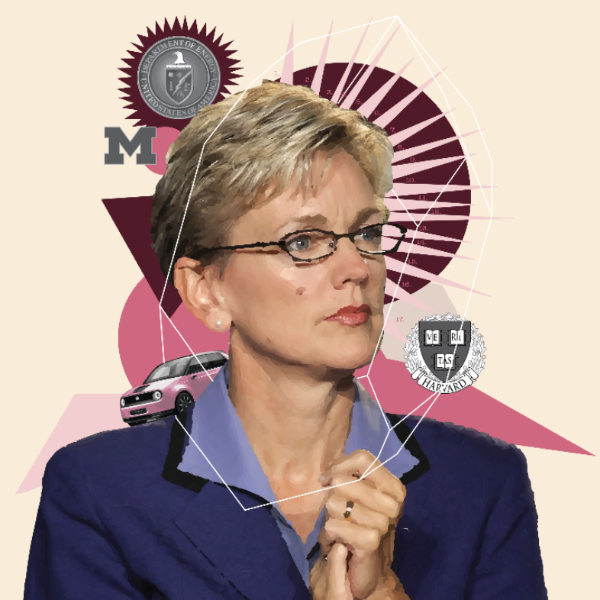What can I say about last night's debate?
Headlines like "Trump sets the tone for the worst presidential debate in living memory" (Washington Post), "The most disgraceful debate in presidential history" (Rolling Stone), "After that fiasco, Biden should refuse to debate Trump again" (Frank Bruni, NY Times), and "President Trump dramatically escalated his efforts to cast doubt upon the election results" (NYTimes), all point to the fragile state of our democracy.
That's why in today's post, I want to focus on what’s most important in strengthening and sustaining a democracy, and that is voting. Casting doubt on the election results is one way to convince people not to vote. Studies have shown that this kind of messaging can influence people who don't routinely vote.
Had it not been for systemic voter suppression in my home state, Stacey Abrams might today be the governor of Georgia — and the first Black governor in the United States.
The story of what happened is skillfully told in a new documentary out this month by award winning filmmakers Liz Garbus and Lisa Cortés, "All In: The Fight for Democracy." (available on Amazon Prime)
By all accounts, the filmmakers rushed to complete their film in time for this year's election and I'm very glad they did. It's a film that all Americans need to see in order to fully understand the implications of the 2013 Supreme Court decision in Shelby County v. Holder, which struck down a key provision of the Voting Rights Act. As The New York Times proclaims in its film review, "In a sense, it’s less a documentary for posterity than an urgent broadcast" for right now.
The film traces the history of voting rights in America and shows how each step forward in voting rights progress has been met with a backlash, beginning with Reconstruction, when formerly enslaved men were given the vote; to the 1920s, when the vote was extended to some women; to the Jim Crow era, when literacy tests and poll taxes were instituted; to today, with gerrymandering, voter ID requirements, voting roll purges, poll closures in Black neighborhoods and under-resourced polling places with long lines and insufficiently trained staff.
The film also goes deep into Stacey Abrams' personal story — a highlight for me — detailing her rise from growing up in a small town in Georgia, to state legislator, to running for governor. As Liz has said, Stacey's "story was a small one that could tell a big one," about all the ways that those in power are working to disenfranchise people of color at the polls.
"Stacey is one of the [most] brilliant thinkers and orators I have ever encountered," Liz told the Southern Poverty Law Center in an interview for their blog. "She was our beacon, our guiding light. She provided counsel on interviewees, important story themes and also, always reminded us that this film was not about her. It’s not about any individual politician. If you reduce it to the person, then it’s partisan, it’s contentious – and it’s beside the point."
"[This film is] about the system, power, race – and about us, the people, being counted."
Photo captions: (Set One) Fundraising event for Stacey Abrams for Governor at my home in 2018. Joe Biden and Kamala Harris announcing Harris for Vice President. (Set Two) Virginia voters keep up record early voting. (DCist) Early voting in Philadelphia. (Philadelphia Inquirer)
As Stacey Abrams says in the film:
“The fundamental power of democracy lies in the right to vote. If you protect that right, you create possibilities for everything else.”
That is why after the 2018 election Stacey started her voting rights organization Fair Fight and has been ramping it up to go national in time for this November. Fair Fight 2020 is building voter protection teams with Democratic state parties or local allies across the country to protect the right to vote.
And that is what we all need to do in the coming weeks (if you can, vote early) and on November 3 — VOTE!
Luckily for us, there are lots of ways to woman up and to step up on November 3rd.
#GETVOTEREADY
#1 Have a plan. If you haven't yet registered, register to vote as soon as possible. Here are all the deadlines for each state. If you have registered, check your registration, make a plan to vote, AND, perhaps most importantly this year, ask your family and friends if they have a plan and encourage them to show up.
#2 Once at the polls, know your rights. Particularly this year, I encourage everyone to familiarize yourself with your rights at the polls, not only for yourself, but for others you may observe at the ballot box. The ACLU has a great guide that provides helpful instructions for addressing problems on Election Day, such as "What to do if the poll worker says my name is not on the list" or "what to do if you make a mistake on your ballot."
#3 If you are young and in good health or are not otherwise worried about COVID, I encourage you to consider working at the polls. We need good, smart people to help on Election Day and beyond. As you know, many of the election workers and volunteers at the polls traditionally skew older so many jurisdictions are looking for new poll workers to help out this year. Added to that is the need for people to review the numerous mail-in ballots that will be cast in this pandemic election. The good people at Democracy Docket will tell you how to sign up in your state.
#4 Be an election observer. The National Conference for State Legislatures has a helpful guide explaining all the ways you can participate as both partisan and nonpartisan citizen observers. If you are interested in being a partisan observer, contact your local Democratic party office. These observers protect the party's interests at the polls. Non-partisan observers are concerned with protecting the integrity of the election at each polling place, regardless of the outcome. You can learn more about volunteering as an election integrity observer at the Election Protection website. Get on the ground as a poll observer in Michigan or Ohio to counter Republican poll challengers. Sign-up for Michigan. Sign-up for Ohio. There is a need right now during early voting which started last week. There is a need on Election Day. There is a need after the Election for counting ballots.
#5 Make phone calls. The decrease in poll workers and volunteers in Wisconsin as a result of the pandemic has resulted in a 1,500 person poll worker deficit! Without these workers chaos and intimidation is more likely. Make phone calls to help the Wisconsin State Dems recruit registered Wisconsin Democrats to serve as poll workers and poll watchers in their home counties. Sign-up for Wisconsin. FYI this is NOT typical phone-banking — this is calling a targeted list of registered Democrats in Wisconsin who are eager to help.
#6 Other ways to help. Please give what you can, no matter how small, to Common Cause Pennsylvania, Common Cause Michigan, and Common Cause Wisconsin. Common Cause is working with other coalition members to advocate for CRITICAL voter protection and voter advocacy legal reforms and challenges. The Republicans have already made clear that they intend to use the courts to fight both the counting of the ballots and the eventual outcome if it is not to their liking.
Let's go win this thing!
As citizens of a country that was once the global model for how to build and sustain a democracy, we are the ones who MUST show up and rescue our democracy with our votes, or we will be the ones whose children and grandchildren will ask:
“What did you do on November 3rd, 2020?"
Vote!
— Pat
Introducing...
The 'Dangerous Women Vote' Mask & Tee!
100% of the proceeds from the Vote Mask and Vote Tee will be donated to Fair Fight and Fair Count, two organizations founded by Stacey Abrams. Offered in sizes XS-XL for women. Use Code WomanUP at checkout for 20% OFF sitewide.
Fair Fight promotes fair elections in Georgia and around the country, encourages voter participation in elections, and educates voters about elections and their voting rights.
Fair Fight brings awareness to the public on election reform, advocates for election reform at all levels, and engages in other voter education programs and communications. Fair Count is a nonprofit dedicated to partnering with Hard to Count communities to achieve a fair and accurate count of all people in Georgia and the nation in the 2020 Census, and to strengthening the pathways to greater civic participation. “If you aren't counted, you simply won't count. Commit to be counted.”
